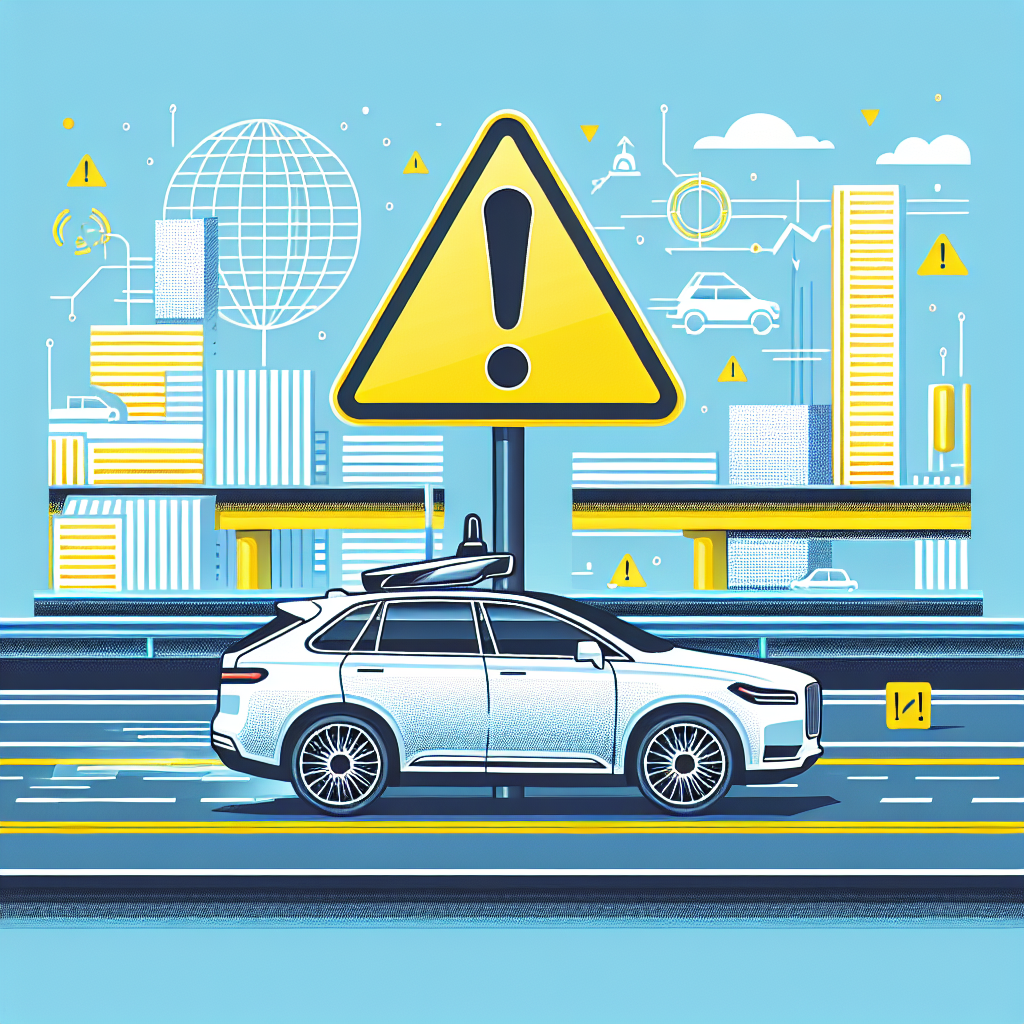The Risks of AI in Transportation: Autonomous Vehicles and Accidents
Artificial Intelligence (AI) has become a major player in the transportation industry, particularly in the development of autonomous vehicles. These self-driving cars and trucks promise to revolutionize the way we travel by making roads safer, reducing traffic congestion, and improving overall efficiency. However, the introduction of AI into transportation comes with its own set of risks and challenges, particularly when it comes to accidents involving autonomous vehicles.
While AI has the potential to greatly reduce the number of accidents on the road by eliminating human error, it is not without its own flaws. AI systems rely on complex algorithms and datasets to make decisions, and these systems are not foolproof. There have been several high-profile accidents involving autonomous vehicles in recent years, raising concerns about the safety of these vehicles and the potential risks they pose to other road users.
One of the main risks of AI in transportation is the potential for system failure. Autonomous vehicles rely on a multitude of sensors, cameras, and other technologies to navigate the road and make decisions in real-time. If any of these components fail, the vehicle may not be able to operate safely, potentially leading to accidents. Additionally, AI systems can be vulnerable to cyber attacks, which could compromise the safety and security of autonomous vehicles on the road.
Another risk of AI in transportation is the issue of liability in the event of an accident. Currently, the legal framework surrounding autonomous vehicles is still being developed, and it is unclear who would be held responsible in the event of a crash involving an autonomous vehicle. Would it be the manufacturer of the vehicle, the software developer, or the vehicle owner? This lack of clarity could lead to lengthy legal battles and disputes, further complicating the adoption of autonomous vehicles.
Furthermore, there are concerns about the ethical implications of AI in transportation. AI systems are programmed to prioritize certain values and goals, which may conflict with the safety and well-being of other road users. For example, in a situation where an autonomous vehicle must choose between swerving to avoid hitting a pedestrian or crashing into another vehicle, how does the AI system make that decision? These ethical dilemmas raise important questions about the role of AI in transportation and the potential risks it poses to society.
Despite these risks, many experts believe that the benefits of AI in transportation far outweigh the potential drawbacks. Autonomous vehicles have the potential to greatly reduce the number of accidents on the road, as human error is responsible for the majority of crashes. By removing human drivers from the equation, autonomous vehicles could save thousands of lives each year and significantly reduce the economic costs associated with traffic accidents.
In addition, autonomous vehicles have the potential to greatly improve the efficiency of transportation systems. By reducing traffic congestion and optimizing routes, autonomous vehicles could help to reduce emissions and make transportation more sustainable. This could have a significant impact on the environment and public health, making AI in transportation a valuable tool for creating a more sustainable future.
FAQs:
Q: Are autonomous vehicles safe?
A: While autonomous vehicles have the potential to greatly reduce the number of accidents on the road, they are not without their own risks. AI systems can fail, leading to accidents, and there are still questions about liability in the event of a crash involving an autonomous vehicle.
Q: Who is responsible in the event of an accident involving an autonomous vehicle?
A: The legal framework surrounding autonomous vehicles is still being developed, and it is unclear who would be held responsible in the event of a crash. This lack of clarity could lead to lengthy legal battles and disputes.
Q: What are the ethical implications of AI in transportation?
A: AI systems are programmed to prioritize certain values and goals, which may conflict with the safety and well-being of other road users. This raises important questions about the role of AI in transportation and the potential risks it poses to society.
Q: What are the benefits of AI in transportation?
A: Despite the risks, many experts believe that the benefits of AI in transportation far outweigh the potential drawbacks. Autonomous vehicles have the potential to greatly reduce the number of accidents on the road and improve the efficiency of transportation systems.
In conclusion, the risks of AI in transportation, particularly in the development of autonomous vehicles, are significant. From system failures to questions of liability and ethical implications, there are many challenges that must be addressed before autonomous vehicles can become a widespread reality. However, the potential benefits of AI in transportation are also vast, and with careful planning and regulation, autonomous vehicles could revolutionize the way we travel and make our roads safer for everyone.

